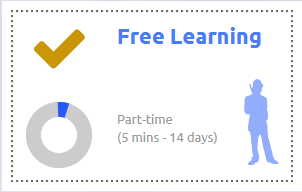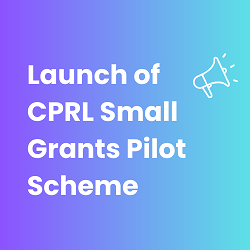You are here
- Home
- Learning
- Free Learning
- Youth and Youth Offending
Youth and Youth Offending

These free resources are organised into categories aligned to the College of Policing Curriculum and in agreement with police experts. You can study them at any time and anywhere.
Select the duration of study below and you will be taken to resources that match that duration
| 1-7 Hours of study | More than 7 hours of study |
|---|
1-7 hours of study
More than 7 hours of study
Professional relationships with young people
In some people's eyes the development of relationships is a good end in itself, because it is in relationships that we express our humanity. Young people with few good-quality relationships often find that entering into informal relationships with adults who respect, accept, like and really listen to them is a new life experience. This course explores different approaches in developing relationships and working practices that can inform work with young people.
Type of activity: Course
The range of work with young people
This course identifies some features that we might use to describe the various settings where work with young people takes place. This encourages us to identify similarities and differences between settings. It then introduces some theoretical perspectives to help us review these settings and thus understand more about the experience for young people and workers. Finally, it uses these perspectives to analyse examples of different settings, relating the theoretical ideas to the realities of practice.
Type of activity: Course
Working with young people: Roles and responsibilities
In this course we look at roles taken when working with young people. We focus on what those working with young people do, starting with analysis of roles. We show that, in the context of work with young people, the term says something about the kinds of relationships we form with young people and the values we bring. We discuss roles in relation to the 'bigger picture' of organisations and projects that are concerned with young people.
Type of activity: Course
News
- New course launched on “Understanding PCSO powers” 14th March 2024
- CPRL Collaborative dates for your diary 28th February 2024
- Government backs new pet abduction law in pet theft crackdown 8th February 2024
Upcoming Events
Online Seminar: Trust and confidence in policing
Wednesday, May 22, 2024 - 13:00 to 14:30
Online Membership Group Meeting
Thursday, June 13, 2024 - 10:30 to 12:30
